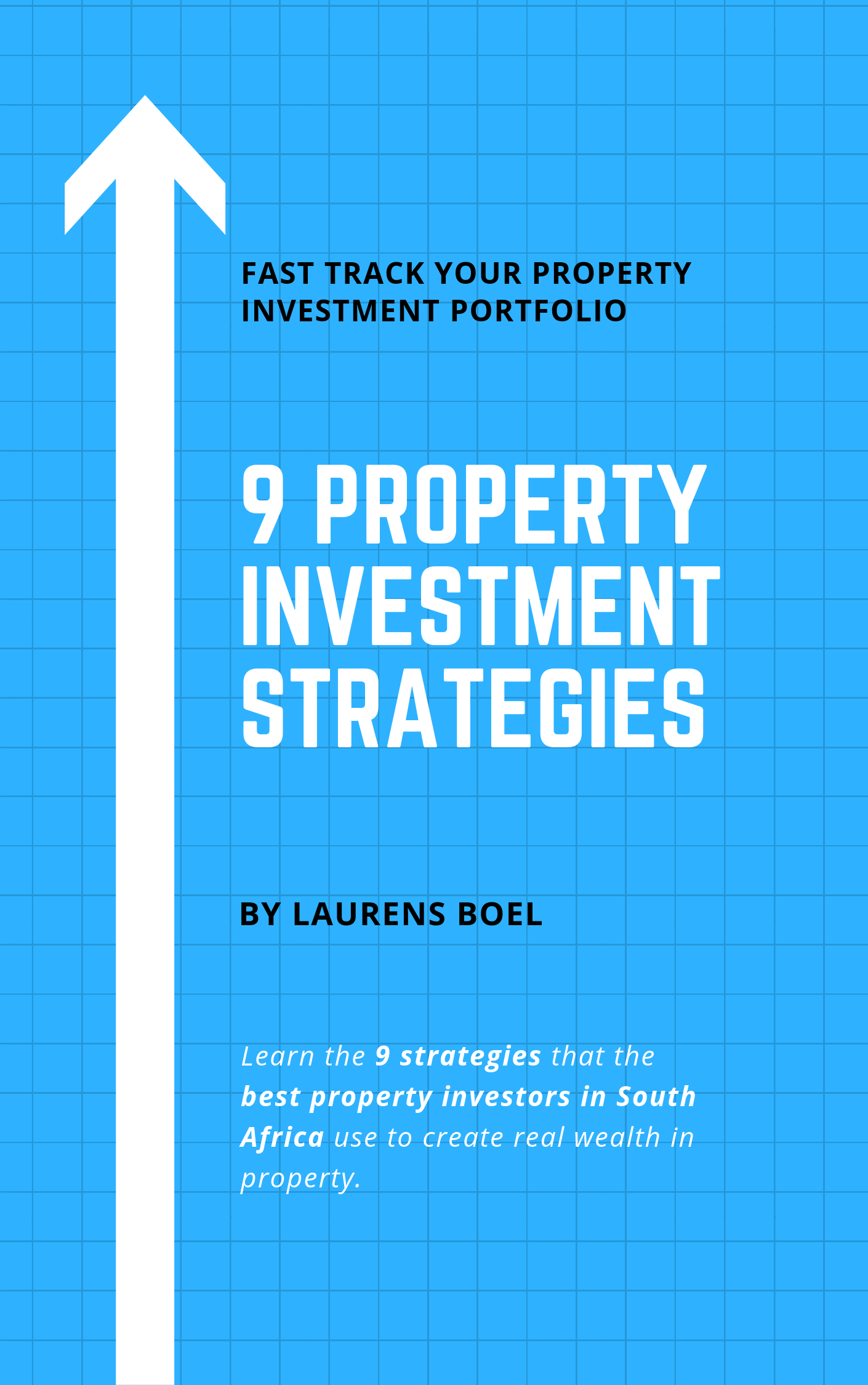Affordable student accommodation is the golden ticket for us as investors because there are many ways to finance it. Let’s look at the following 10 ways to finance a student accommodation investment (Note: These are listed in no particular order of importance)
- Traditional bank finance
- Seller financing
- Partnerships
- Private money
- Owner-occupied investment property
- Home/asset equity
- Lease options (rent to own)
- Grant funding
- Tax incentives
- Commercial funding
Traditional bank finance
This is probably the easiest and most well-known form of financing out there. However, the land use regulations are very important. Be sure to check your title deed, building plans and zoning certificates to ensure the current use of the property is within regulations to ensure that you get financing.
In some ways, this is easy and very straightforward. A very big positive of this finance is that you’re able to acquire residential financing over 20 or 30 years if your building qualifies.
Aside from a traditional bank home loan, you could also use short-term bank loans or credit cards.
Seller Financing
This is probably the most popular form of financing if you are not using any of your own money and it is exactly what it says. The owner or seller of the property becomes the bank. You pay off the seller over time period in instalments.
The legal change of the ownership takes place at the sale, with the seller putting a lien on the property. There is, however, a catch. If the property is bonded, the due on sale clause in our bonds could come into play. If that does happen, a person could consider using the Alienation of Land Act to sidestep the mortgage. There are many advantages, to both the seller and the buyer in this.
Partnerships
Partnerships are an amazing way to compensate for weaknesses of different parties. For example, one partner might be time rich but money poor and another partner is money rich, but time poor. They can make up for each other’s weaknesses to ensure they make a successful investing team.
Important: There are very big dangers and pitfalls with partnerships when done wrong, so do be aware.
Private money
This is considered the holy grail of real estate investing. With private money, you’re able to scale your portfolio in immense ways. What this technically means is that you are lending money from non-professional individuals. This isn’t very easy, though, there are many laws and processes which need to be followed, so do be aware you may be asking where you access money like this. Well, it could be from family, friends, but most importantly is networking.
The truth is that with private money, you never really know where that money is going to come from. The key thing is just constantly be looking for money, constantly networking and constantly putting yourself out there.
Owner-occupied investment property
This would probably be considered the easiest form of investing in property, especially for student accommodation if you have little investment knowledge. Another name for this method is house-hacking.
What happens is you purchase a home with the intention of renting rooms or units in the home while you live in a certain part of the house yourself.
The nice thing is you’re able to acquire traditional finance of up to 100 percent and this is the perfect way to start out and dip your toes into real estate investment.
I happen to live in a very strong student accommodation neighbourhood in Bloemfontein and the gentleman that lives to my right and the gentleman that lives across from the road, they are house hacking students living in the backyard.
Home equity
This is equity that’s built into an underlying property or another asset. For example, if you’re owing R200 000 in debt on a property with a value of R1million, there is R800 000 of equity which could be accessed. Most lenders will lend a certain percentage as a refinance or a further advance on this.
Do note this is a very risky method if it’s done incorrectly because you’re taking on debt to take on more debt. So due diligence is very important.
Please be careful, but this is also very powerful.
Lease options (Rent-to-own)
This is a great way to invest in property with little money down as you’re able to accumulate cash over time without really owning the property. The most common type of lease is the rent to own agreement. This gives you, the buyer, the option to buy the property at a set price and a set date in the future while you are accumulating cash from the asset in the meantime.
What’s really happening is you are letting the property from the owner and then subletting it to others, giving you the opportunity to manage the property on behalf of the owner. In return, you are getting any excess money or surplus money which could be coming in, and this money could be saved as a form of a down payment in the future to buy this property.
Grant funding
The property sector provides various assistance options. One of these options is HIFSA, or the Housing Impact Fund of South Africa. For this, they provide money for the acquisition and construction of affordable housing.
Another option could be the FSC – the Financial Sector Code Fund. They offer a range of opportunities for low income housing.
Tax incentives
The section 12 allows you to invest money without getting taxed on private companies. I do want to note, though, that after the budget speech that Tito Mboweni gave earlier this year it was mentioned that the Section 12J would be falling way towards the end of this year. This is only viable to, I think, the end of July 2021.
Then there is the Section 13Sex of the tax law. With this, you buy five units and are able to depreciate the cost of the acquisition of the property over time and literally over 20 years, you could get the whole cost of the acquisition of the units back.
Then there is the UDZ or the urban development zones. What happens is that accelerated depreciation allowances are allowed by saws in specially demarcated zones within the metros of our country.
Commercial funding
Firstly, there’s the NHFC – National Housing Finance Corporation. These people drive activities for affordable housing and therefore can be approached to help to develop or acquire housing.
Secondly, there’s TUHF – Trust for Urban Housing Finance. They provide money for people with passion, potential and for integrity. They provide funding for aspiring individuals. What I really like about them is the hands on approach and the knowledge, which is a catalyst for regeneration of our city centres.
To end off, remember that instead of saying you don’t have the money, rather ask yourself; “where can I get the money from?” You’ll be surprised what avenues your brain finds to access the money.


